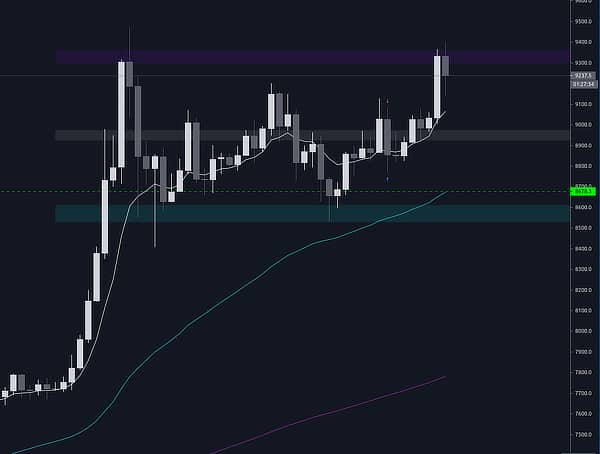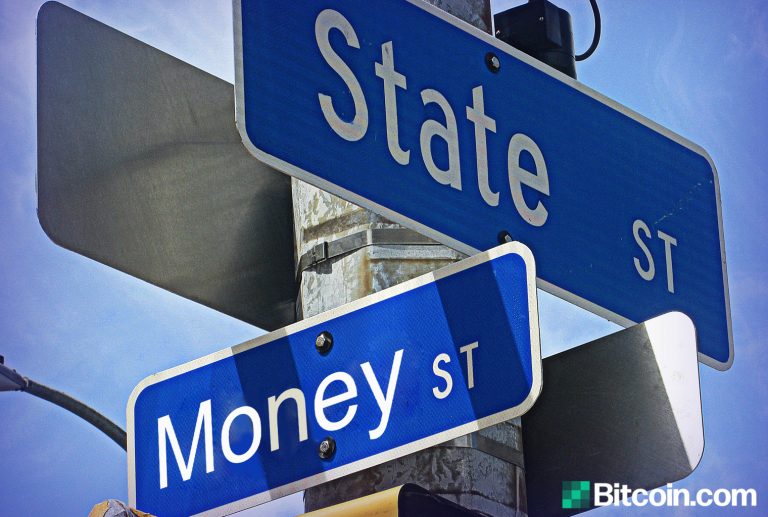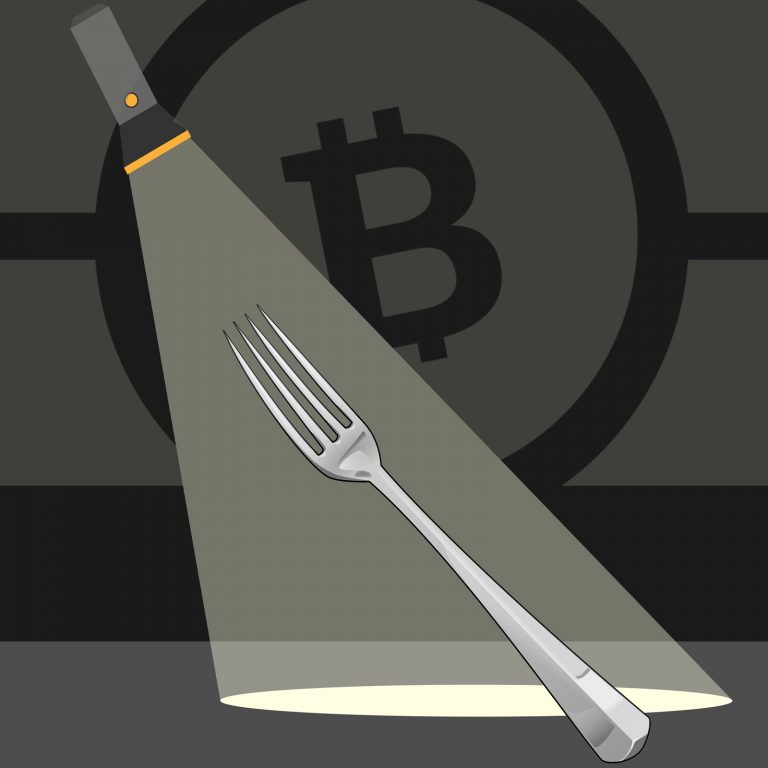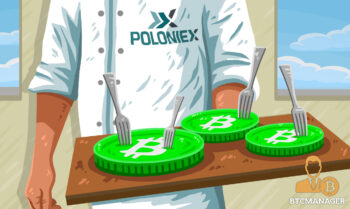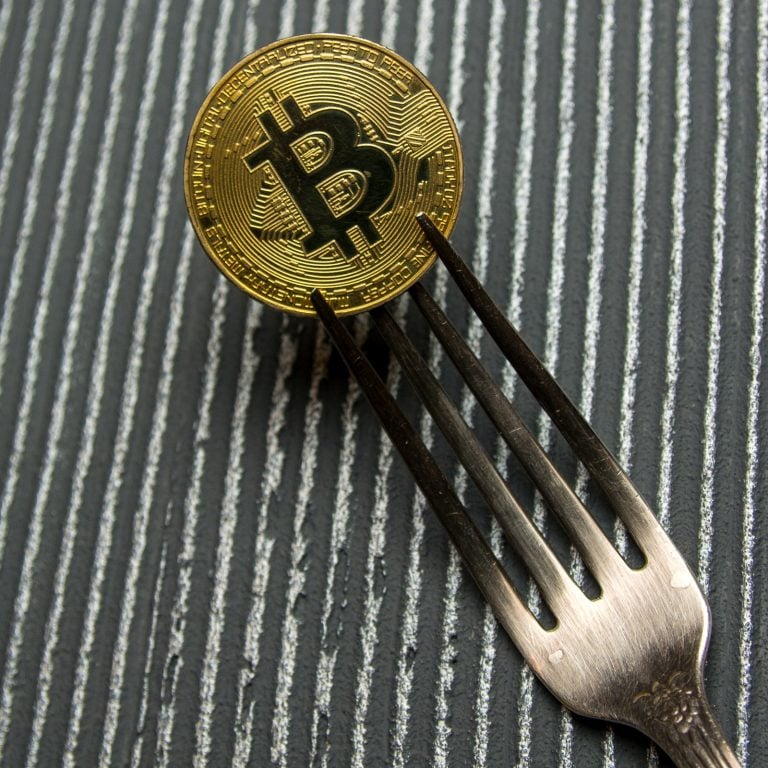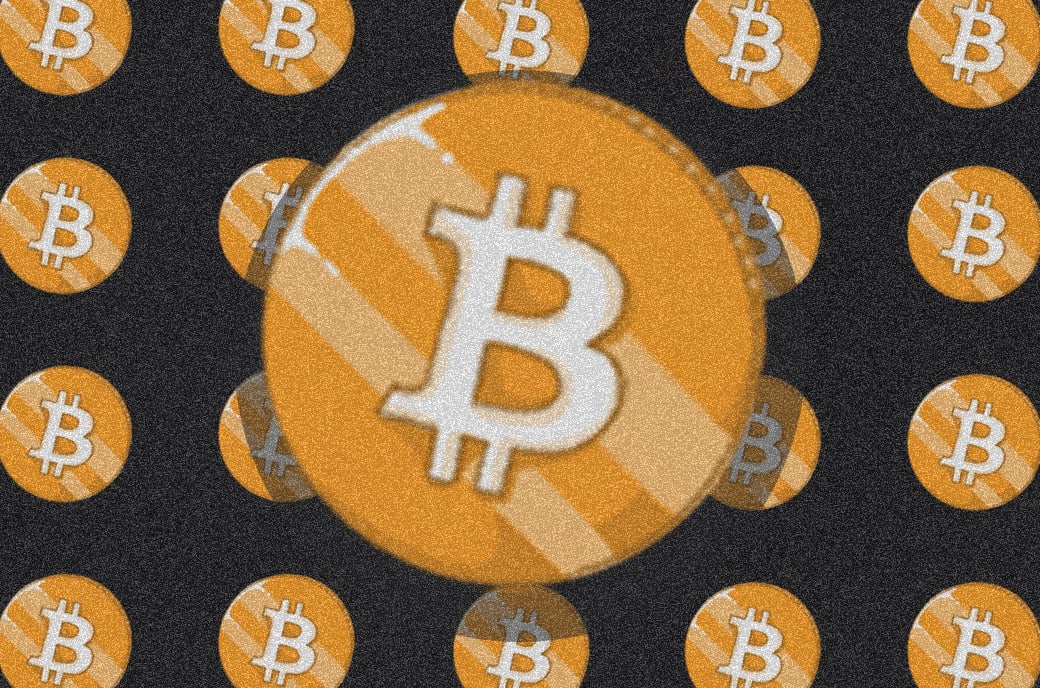
2021-4-27 19:43 |
Two laws describe the economic incentives given two forms of competing money in restricted or unrestricted markets.
There is a widely held belief among Bitcoiners that a hyperbitcoinized future, one in which bitcoin fulfills the three characteristic functions of money for our global society (store of value, medium of exchange and unit of account), is inevitable. All that remains to be seen is how and when this will occur. In this piece I will contribute to the discussion regarding hyperbitcoinization by examining Gresham’s and Thiers’ laws as they relate to the global adoption of bitcoin as sound money.
To begin with, both Gresham’s and Thiers’ laws are complementary in the sense that both predict economic outcomes arising from the competition between distinct forms of money. For either law to apply, there must exist two kinds of money in an economy, with one being inferior to the other. Exactly how one money is inferior to the other influences the dynamics that are likely to result.
During an era of commodity monies, when coins were minted using precious metals, one kind of coin could be considered inferior to another when each shared an equivalent face value (i.e., the purchasing power of each coin) despite having a different underlying precious metal composition. The difference between the face value of the money and the costs involved in its production is known as its level of seigniorage.
As an example, suppose that there exist two kinds of coins, each with an equivalent face value as dictated by the State. One kind of coin, however, has a lower level of seigniorage and is constructed with a higher concentration of precious metals when compared with the debased counterpart. Additionally, suppose that there exists a set of legal tender laws dictating that producers must accept either variant of coin in exchange for their services, treating each as though they are of equivalent value.
Under a setting such as this, Gresham's law predicts that the “bad money drives out the good” from circulation in an economy. This is because rational consumers, who have been granted the right via the legal tender laws to choose which of the two coins to transact with, will seek to leverage the opportunity provided by the difference between the seigniorage levels of the two coins. The difference between seigniorage of the two coins, that nonetheless have an equivalent face value, creates an incentive to transact with the debased coin while saving the alternative, potentially going so far as to melt the higher value coin in order to sell the underlying precious metals.
Sir Thomas Gresham, an English financier operating during the 16th century, recognized this dynamic following the “Great Debasements” undertaken by King Henry VIII and Edward VI. In a letter he wrote to Queen Elizabeth I, Gresham observed how “all your fine gold was conveyed out of this your realm.”
In the present era of fiat money, however, the level of seigniorage of all money is very high due to the fact that, by definition, fiat money only has value by decree from the State. Under this paradigm, one money can be considered inferior to another, not due to the disparity between the underlying constituent components, but rather due to the likelihood that it will lose purchasing power, relative to other fiat monies, over time. For instance, a hyperinflated Zimbabwe banknote can be considered inferior to the relatively more stable US dollar given that it is able to retain its purchasing power in the short term.
Notice that during both eras, an important dimension making one kind of money better or worse when compared with alternatives is the degree to which it can preserve purchasing power. An individual attempting to store their wealth in a set of debased coins will encounter an analogous dilemma to the individual attempting to store their wealth in an inflated fiat money; the difference merely being a matter of degree.
While Gresham’s law may be invoked in the presence of legal tender laws, Thiers’ law applies when no such laws are present, or importantly, when such laws are ignored. Thiers’ law, named in honor of Adolphe Thiers, predicts an inverse dynamic to Gresham’s law. Which is to say that “good money will drive out the bad” from circulation in an economy.
The reason for this is simple; under a free market for money, producers, rather than consumers, are empowered to demand payment for their services with the better money. A producer, recognizing the inferiority of one money over another, is incentivized to demand payment in the better money from consumers. Once more, this incentive arises from the fact that the better money has properties that are more conducive for the preservation of one’s purchasing power over time.
While many nations do not willingly grant their productive citizens discretionary choices regarding legal tender laws, individuals living through a period of hyperinflation nonetheless insist on a superior foreign currency in order to escape the ravages of a centrally planned and mismanaged economy. This is why Thiers’ law is so often observed in countries undergoing a period of hyperinflation. Producers must, given raw necessity, demand payment in the good money and with this comes the death of the bad money.
With all of this in mind, Gresham’s and Thiers’ laws highlight an important set of incentives arising out of the implicit competition between the inferior class of fiat money and the obviously superior bitcoin. In the absence of legal tender laws that dictate the equal treatment of unequal monies, or in areas where such laws are ignored, the better money drives out the bad through the demand placed on consumers by producers.
Legal tender laws such as those discussed here distort the free market and, as a consequence, privilege consumers at the expense of producers. This is not merely an economic concern, issues of social justice also arise from such interventions. Prima facie, it seems unreasonable to force producers to accept a form of money that they do not value in exchange for their goods or services.
More to the point, however, is the fact that the kind of legal tender laws discussed here create a set of incentives for producers to either ignore the laws or to leave the legal jurisdiction entirely. Acting in either way will erode the legitimacy and usurious nature of the State. Thus, States have an incentive to refrain from imposing strict legal tender laws due to long-term consequences that such distortions to the free market create.
In this light, the recent hostile actions undertaken by the nations of Turkey and India are as disappointing as they are self-defeating. Conversely, the openness displayed by Miami Mayor Suarez in relation to bitcoin will undoubtedly prove to be an instance of highly prudent leadership and considerable foresight.
The upshot of this analysis, and the key takeaway from both Gresham’s and Thiers’ laws, is that to spur hyperbitcoinization, producers must demand that they be paid in bitcoin. By demanding payment in bitcoin, producers are not only able to preserve their purchasing power but are also creating an incentive for consumers to acquire more bitcoin. Thus, if we want to live in a hyperbitcoinized world, we should demand payment in bitcoin.
This is a guest post by William Ridge. Opinions expressed are entirely their own and do not necessarily reflect those of BTC, Inc. or Bitcoin Magazine.
origin »Bitcoin price in Telegram @btc_price_every_hour
Two Prime FF1 Token (FF1) íà Currencies.ru
|
|
